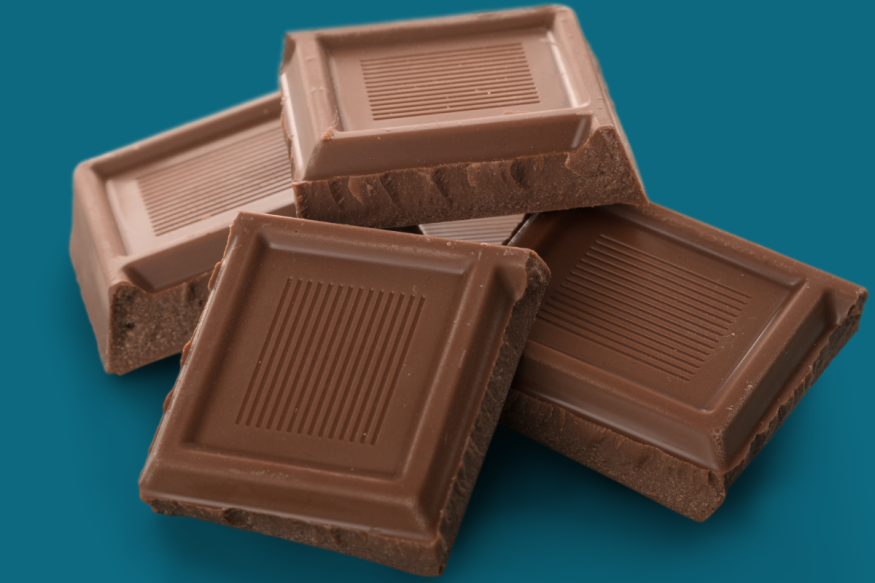
Ahhhh, chocolate - the very word conjures up images of decadent desserts and pure indulgence. But this beloved treat, enjoyed by billions of people worldwide, is predicted to be more expensive than caviar by 2030 and faces the possibility of extinction by 2050! The culprit: climate change.That's driving a wave of innovative startups like Planet A Foods and Voyage Foods, who are pioneering cacao-free chocolate alternatives.
Is Chocolate Going Extinct?
In short? Maybe. As the earth's temperatures continue to rise, the countries were most cacao is grown will not be suitable for its cultivation. Scientists are trying to create a genetically modified version of cacao that is resistant to climate change and habitat loss. However, the traditional chocolate supply chain also faces numerous challenges:
Environmental impact: Cacao production contributes to deforestation and greenhouse gas emissions.
Ethical concerns: Child labor and unfair wages remain issues in cacao farming.
Price volatility: Fluctuations in cacao prices can impact chocolate affordability.
The Big Players Offering Cacao-Free Chocolate Alternatives
Germany-based Planet A Foods, the makers of ChoViva, uses fermentation technology to transform oats and sunflower seeds into a chocolate substitute boasting a "melt-in-the-mouth texture" and "full-bodied chocolate flavor." Not only is ChoViva delicious, but it also boasts sustainability benefits:
Reduced sugar: Up to 30% less compared to traditional chocolate.
Lower carbon footprint: Locally sourced ingredients and short supply chains minimize emissions.
Partnership potential: Already collaborating with giants like Lindt for vegan chocolate bars.
US-based Voyage Foods has cacao-free offerings that include milk, semi-sweet, and dark chocolate alternatives made from upcycled seeds and fruits. These options aim to be a 1:1 substitute for conventional chocolate in both taste and texture, addressing ethical and environmental concerns:
Reduced water usage: 99% less blue water consumption compared to traditional chocolate.
Lower greenhouse gas emissions: Up to 84% less compared to conventional chocolate.
Sustainable sourcing: Combats deforestation by using upcycled ingredients.
The future of chocolate is unclear, but with innovative startups like Planet A Foods and Voyage Foods paving the way, cocoa-free alternatives are poised to revolutionize the industry. These options offer a delicious, sustainable, and ethical solution for chocolate lovers worldwide, ensuring that this beloved treat remains accessible and enjoyable for generations to come.
© copyright 2024 Food World News, a property of HNGN Inc. All rights reserved. Use of this website constitutes acceptance of our terms and conditions of use and privacy policy.



